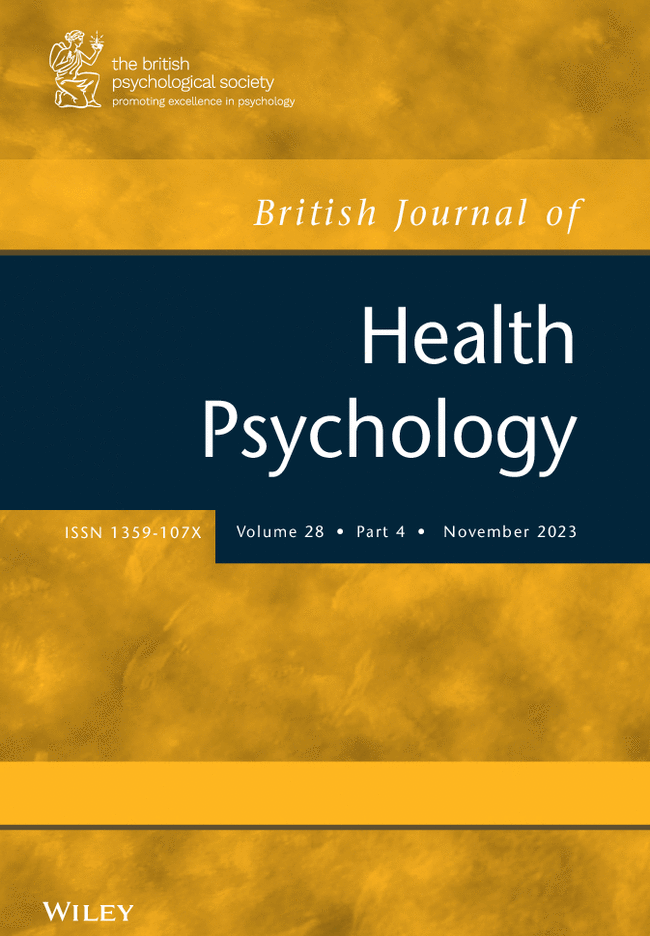‘The world was going through what we go through everyday’: The experiences of women with myalgic encephalomyelitis/chronic fatigue syndrome (ME/CFS) living with their partners during the COVID-19 lockdown in the United Kingdom
Abstract
Objectives
Myalgic encephalomyelitis/chronic fatigue syndrome (ME/CFS) is a long-term debilitating illness characterised by profound and persistent fatigue (JAMA: The Journal of the American Medical Association, 313, 2015, 1101). The current study aims to explore the experiences of women with ME/CFS living with their partners during the COVID-19 pandemic in the United Kingdom.
Design
The study adopted a qualitative design comprising semi-structured interviews with participants. Interviews were analysed using thematic analysis (TA).
Methods
Participants were women with ME/CFS (n = 21) recruited through ME/CFS support groups in the United Kingdom. All participants were in romantic relationships and lived with their partners.
Results
Data were organised into three themes: (1) lockdown disrupting routine, (2) reducing difference and (3) fear of getting COVID-19. People with ME/CFS found that lockdown disrupted their well-established routines. Although routines were disrupted by partners and increased working-from-home practices, participants found having partners at home helpful. People with ME/CFS believed that the changes induced by the pandemic reduced the differences between themselves and the outside world which, prior to lockdown, had felt prominent. They were fearful of getting COVID-19 as they believed this would make their ME/CFS worse. This meant that for people with ME/CFS, the lifting of the lockdown restrictions was an anxiety-provoking time, hence impacting symptoms. People with ME/CFS continued to adhere to government guidelines after national restrictions were eased.
Conclusions
This study outlines the experiences of women with ME/CFS during COVID-19, alongside the long-term impact this has had due to the changes that the pandemic imposed. These findings may have implications for those with long COVID.

 求助内容:
求助内容: 应助结果提醒方式:
应助结果提醒方式:


